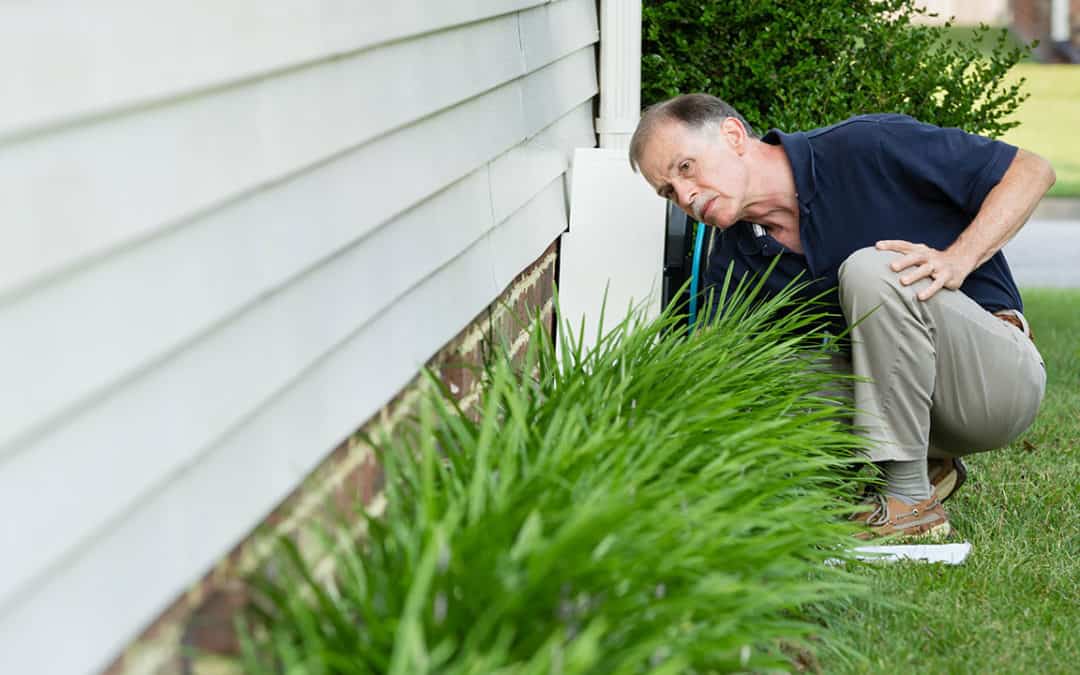Whether you’re a first time homeowner or an experienced mover, there is a lot to consider about the home itself before making an offer. Even when your prospective house has met other criteria like location and price range, the home itself needs to be inspected thoroughly. Some of these things can be easy to spot yourself, while others require a professional home inspector. Having a checklist in mind can make the inspection process quicker and easier, getting you into your home as soon possible.
What you can look for
There are a lot of things you yourself can keep an eye out for when looking at a new house. You can conduct your own basic home inspection from the inside out.
Exterior:
The first things you’ll want to look at are the roof, yard, and exterior foundation. A roof can be a huge expense, so you if you notice worn or missing shingles, moss buildup, or other extensive damage, this can be a red flag. The state of the yard can also give you an indication of the status of wiring, piping, and potential future problems. Lots of large trees could mean extensive construction if you plan to do work in your yard or make additions to the house. Roots from trees close to the foundation can also damage the foundation, including driveways and walkways. The siding and window frames are also worth an inspection. Damage or neglect to these aspects of the home are not only costly, they can also indicate the possibility of neglect in other parts of the home (such as the electrical or plumbing systems).
Interior:
Depending on the amount of renovations you might want to do with your new home, a basic inspection of numerous interior components is a good start. The easiest place to start is with the walls and appliances. On the walls, look for cracks, wear and tear, damage from screws or nails, and siding. Check that the appliances are in good working condition, especially the fridge, stove, oven, and dishwasher. You’ll also want to check that the sinks, and any bathtubs or showers are well taken care of. Excessive wear and tear, mildew buildup, and leaking can be a sign of neglect, or of poor plumbing.
It doesn’t hurt to keep a checklist for yourself the first few times you go through the house and conduct your own basic inspection. It will help you visualize how much work you’ll need to put into the house. It will also help you think of questions you might have for the home inspector, and certain areas you might want them to focus on. It’s common for prospective homeowners to to be present for the inspection process, so don’t be afraid to make comments and ask questions.
What your home inspector will look for
A home inspector is a professional who will do a much deeper, more comprehensive inspection of your home. Home inspectors know what to look for, but if you come prepared, it will be easier for you to get the answers you from questions you might have come across during your basic inspection.
Home inspectors will likely analyse everything you’ve already checked, with an extra eye of a professional. They’ll also do a deeper inspection of internal systems such as the plumbing, electrical, and HVAC. Home inspectors don’t look for mold or infestations, but might able to offer recommendations if they feel an expert in those areas needs to be hired.


